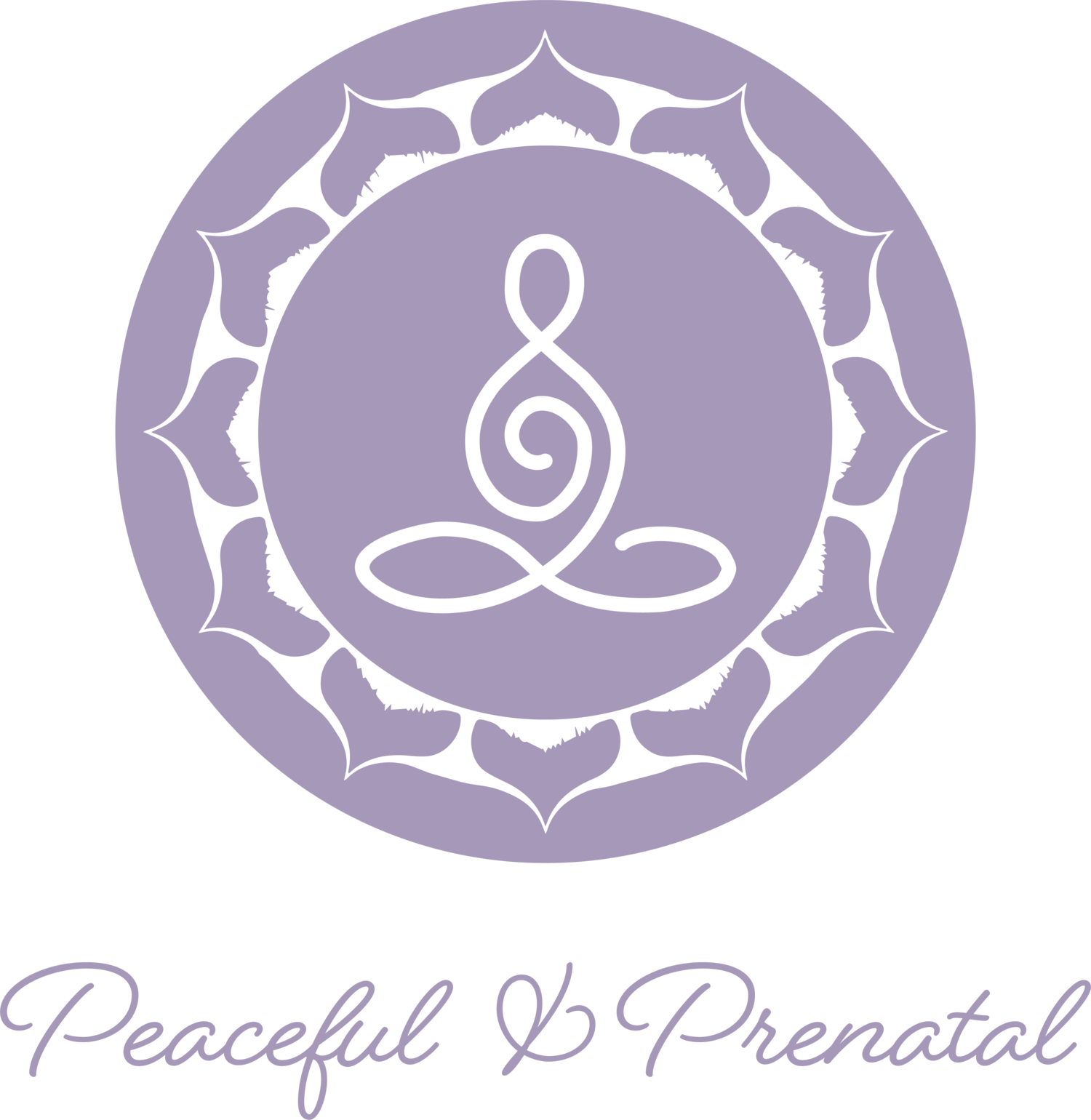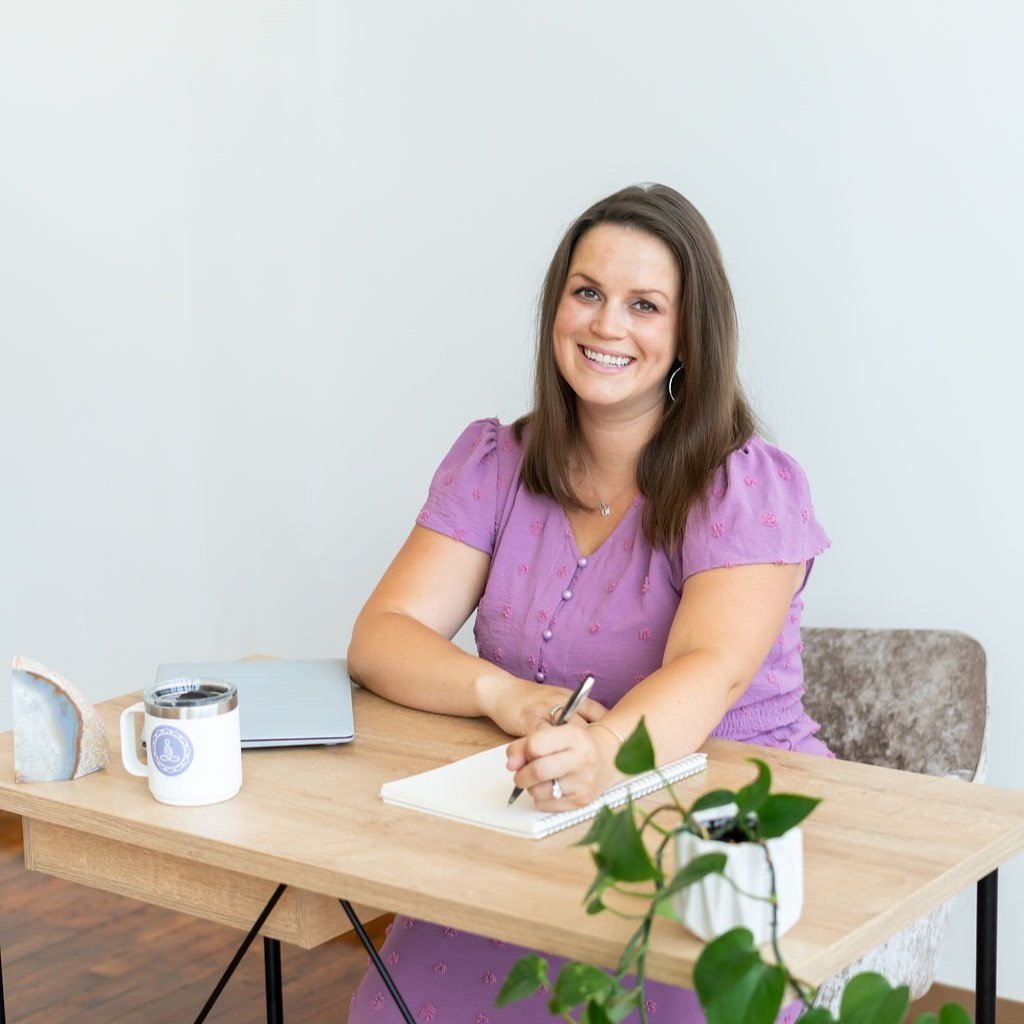How To Set Intentions
It’s no secret that affirmations can change how our brain works, but how does setting intentions change our brain pattern? How you speak to yourself and about yourself can change how you see yourself and measure your success. Not only does your language impact the current moment as you speak internally and externally, but it also has an effect on your future self and will change how you see yourself when you reflect on your past.
Your Language Matters
While the word “goal” might resonate with some, we are going to use the word “intentions”.
While the word “goal” might resonate with some, we will use the word “intentions”.
When you set a goal for something you either view your end result as a success or a failure. This mindset doesn’t allow space, change, or wiggle room. We all know that as parents, we need to be flexible and find grace in our lives when plans inevitably change.
From the early days of pregnancy, you will often need to give yourself time to rest as your body starts to grow your baby in your first trimester. Throughout the final two trimesters of pregnancy, you will find ways to take care of your body, mind, and soul that feel good for you. During this time, setting an intention versus a goal allows you to have “rest days” without guilt.
In postpartum, you will find that your priorities and perspective on life are completely different. You are now not only responsible for taking care of yourself, but you now are learning to take care of your baby as well.
During these four trimesters, you will find your brain responds differently to intentions versus goals. Let’s say you wake up one day and your goal is to go out for a walk and fold the laundry. During the day, your baby shows cues that they need to be held and comforted, and you have a hard time finding 10 minutes during your day to be able to fold the laundry. While you had originally planned to go for a walk in the morning, you find yourself getting out of the door at 1:30. If you were to look back at your goals for the day, you might see your day as a failure. You weren’t able to get the two tasks done in the time you had originally hoped.
If you were to start your day with the intention to get in movement and fold the laundry, there’s a shift in your brain. Instead of thinking about what has to be done, you’re thinking about what you’d like to get done. When your day is thrown off by your baby needing extra love, two things change.
You’re less likely to find blame in the change of events, and more likely to accept the change.
You allow yourself to honor all that you did accomplish that day, rather than focusing on what was not accomplished that day.
By intending to do something, you permit space for change. The language that you use internally and externally shifts to allow grace into your day. Starting to practice this language daily, prepares you to work towards setting longer-term intentions.
Going Forward
Whatever it is, the way you tell your story online can make all the difference.
Once you have practiced daily intentions, you open a door to setting longer-term intentions.
The two most popular times of the year that goal vs. intention setting is in January and going into the summer. As a society, we often limit ourselves to making changes in our lives to these two times of year. What if however, you allowed yourself to make these changes any day of the year?
When you limit yourself to a day on the calendar to start exploring new ways to live a wholesome, joyful, and peaceful life, you are missing out on 364 other opportunities to do so. Before you set a long-term intention, there are a few things you should consider.
Does this long-term intention help me find confidence, peace, and joy within myself?
How will this intention affect my future self?
Setting long-term intentions requires the same mindful wording and wiggle room as daily intentions. Rather than trying to set an intention that diminishes your inner strength, are you creating opportunity to practice being the best version of you?
By working to find the best version of yourself, you are entering with compassion that will allow for change as well as non-judgment. These intentions will allow you to find a version of you that welcomes in confidence, peace, and joy. Instead of trying to reinvent yourself each time you’re working towards something new in life, allow yourself to transform into a new version. Through different stages your live you can find a new version of yourself.
Passing It On
You can make a change that impacts you and your children.
When you practice both daily and long-term intention setting, you are allowing yourself to be a human that has varying levels of energy, emotions, and changes in your life. In turn, you’ll find less opportunity to practice judgement and violence and more opportunity to treat yourself with grace and compassion.
These concepts were recorded by monks thousands of years ago when yoga was created. By moving, breathing, and thinking with mindful intentions, we are carrying on the practices laid down for us so many years ago. You then have the opportunity to pass this onto your children.
From a young age, children watch their parents and learn how to act towards others and towards themselves. By showing your children that you allow yourself grace to change and to grow as a human, it teaches them that they can do the same. Every opportunity that we can get to show children how to be kind, compassion, and non-judgmental will help shape our world into an even better place to live.
Whether you are setting an intention to take care of yourself or teach your children how to be kind humans, I am here to support you on your journey. From pregnancy into postpartum, and from 6 weeks to 3 years old, Peaceful and Prenatal has classes, workshops, and education available for your family. Check out our services today!




